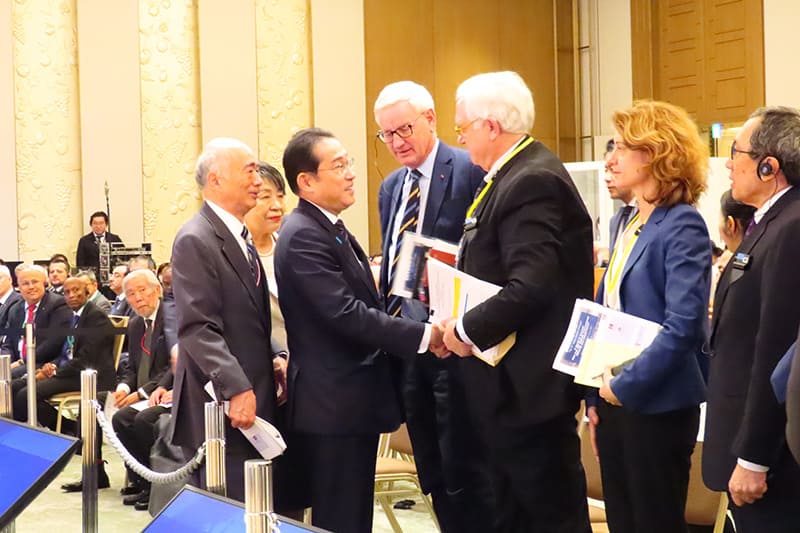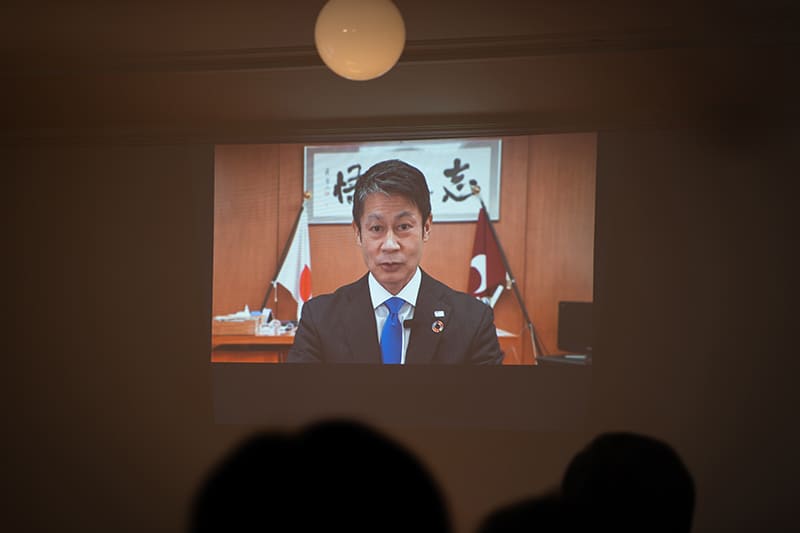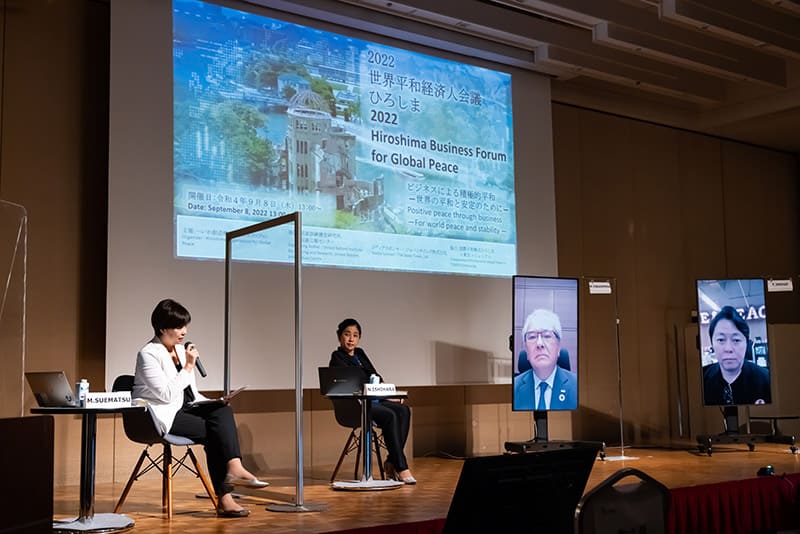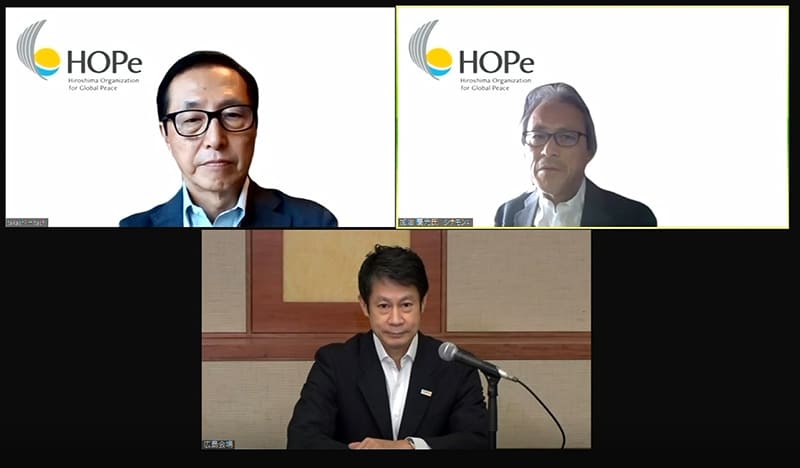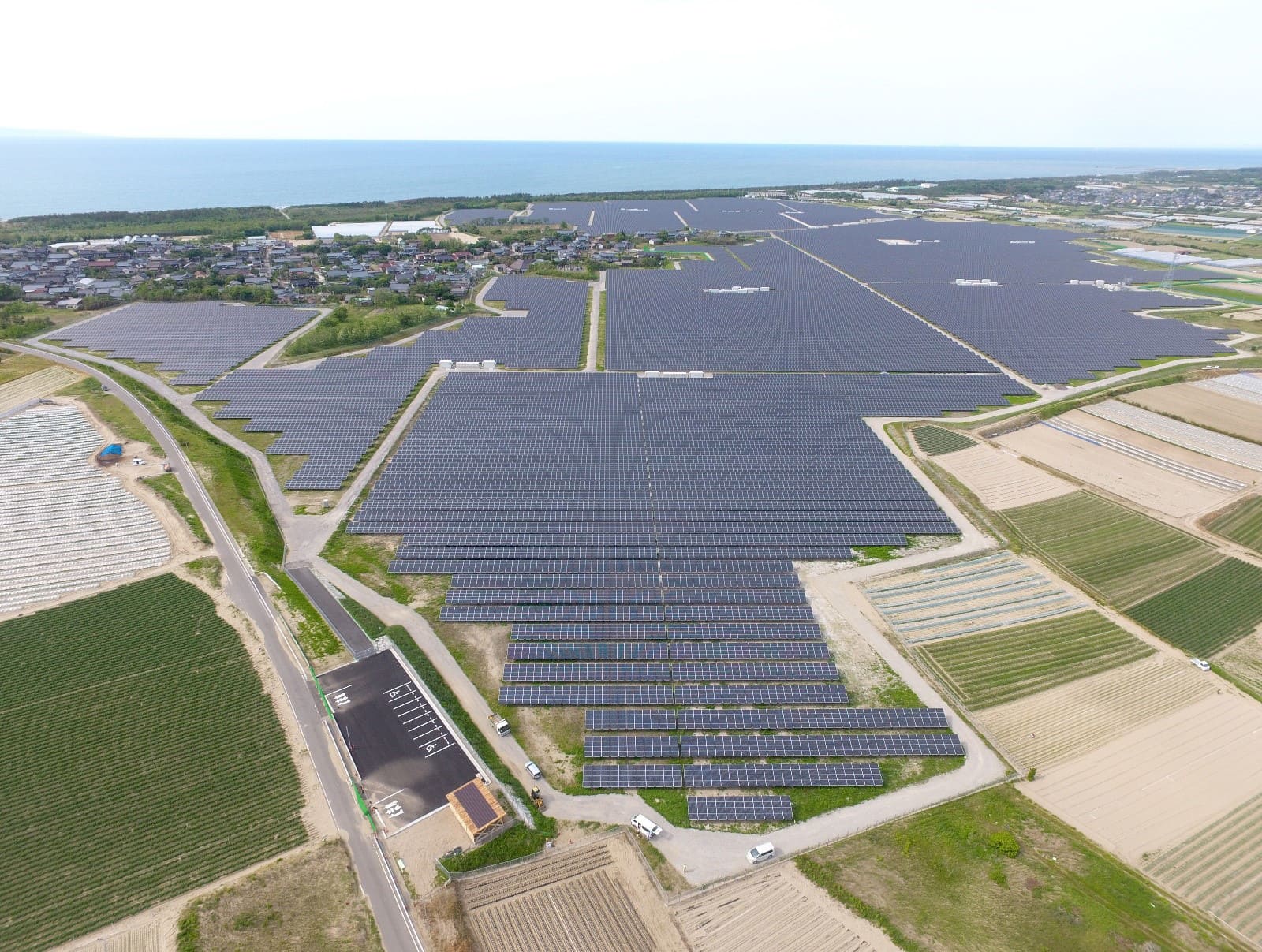May 19, 2023
Hiroshima forum: Business’ role for international peace
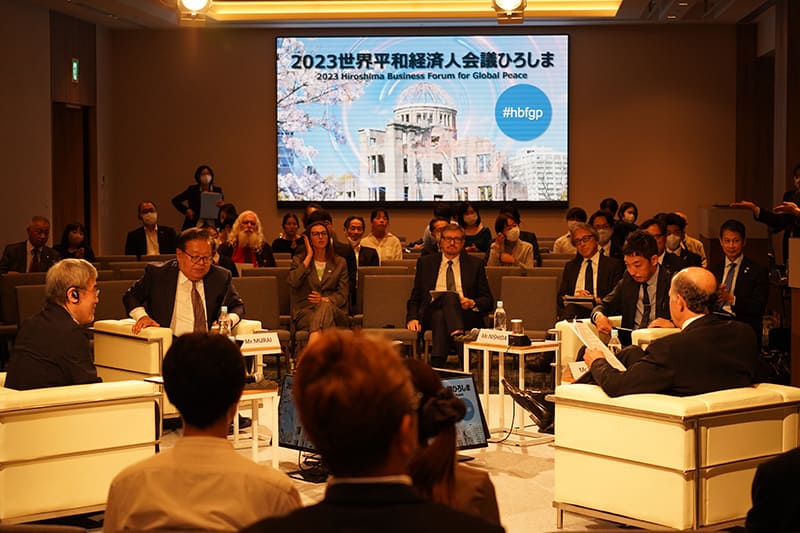
The 2023 Hiroshima Business Forum for Global Peace was a multifaceted event for discussing the contribution of business to peace, held ahead of the Group of Seven’s summit in Hiroshima. Economic experts exchanged their views on world peace under the theme of contributing to peace through the international society and economy in the aftermath of Russia’s invasion of Ukraine.
The April 20 conference, organized by the Hiroshima Organization for Global Peace (HOPe) and held at the Hilton Hiroshima, was also livestreamed for a remote audience. The conference began with opening addresses by Hiroshima prefectural Gov. Hidehiko Yuzaki and Takeshi Niinami, the chief executive officer at Suntory Holdings Ltd.
The keynote speaker was Serhii Plokhy, the Mykhailo Hrushevsky professor of Ukrainian history and director of Ukrainian research at Harvard University, who discussed historical aspects of the conflict and its impact on the world. Two sessions took place, focused on the themes “The importance of information for peace and the role of information companies” and “How to tackle the weaponization of the economics (energy, food, etc.).”
Two years from now will mark the 80th anniversaries of the Hiroshima atomic bombing and the end of World War II. As we approach the 100th anniversary of the end of the war, the power of business to create a sustainable world will grow even more important. “For this purpose, it is essential for the business community to work together,” said Yuzaki.
Niinami said that nearly 30 years have passed since the end of the Cold War, and we have benefited greatly from the optimism of globalism. However, the Russian invasion of Ukraine has set off a chain reaction of conflicts between nations that we thought were in the past. He said: “We are by no means helpless. We hope to learn what we can do at conferences like this and that our business colleagues will work together in taking action.”
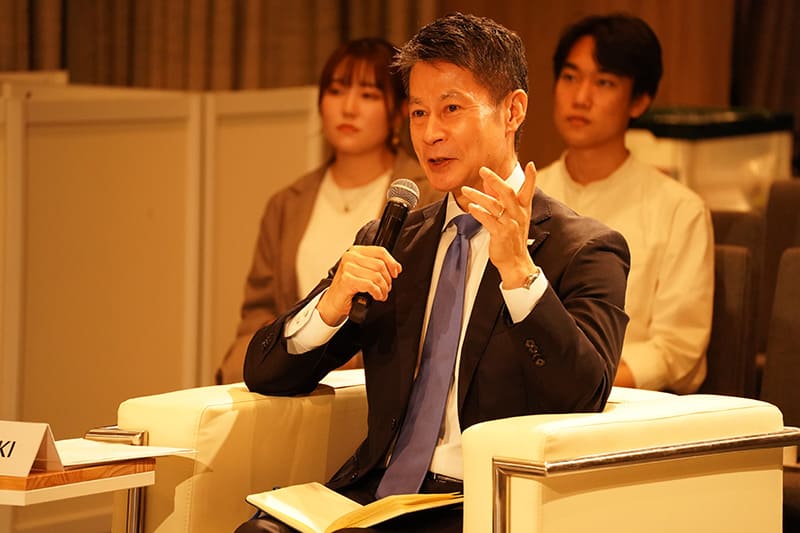
Challenges for the 21st century
In the keynote speech, the internationally renowned Plokhy unraveled the historical perspective of what is happening in the world today, and what could happen. He said history provides not only insight into the past, but also a way to understand what is happening now, think about possible future scenarios, and act accordingly.
The world is now in a very difficult situation. Although nuclear weapons remained an important element in international relations after the Cold War, Russian’s invasion of Ukraine has reminded us anew of the threat they pose.
Plokhy visited the Hiroshima Peace Memorial Park before the meeting, and said that seeing the beauty of the park and the collapsed buildings from the bombing, he felt strongly that such a tragedy should never be repeated.
Dubbed “Putin’s War,” the invasion of Ukraine is the largest military conflict in Europe since World War II. For the first time in history, war has reached nuclear sites and the vicinity of nuclear power plants, from Chernobyl to Zaporizhzhia, the largest nuclear power plant in Europe. The war’s origins precede 2022, unfolding dramatically and tragically over a decade, with Russian President Vladimir Putin at the center, Plokhy said.
Putin said the reason for the invasion of Ukraine was the expansion of the North Atlantic Treaty Organization into Eastern Europe, but according to Plokhy, that is not the main objective.
The most important point, he said, is to be found in the long history of the region. Putin has long insisted that Ukrainians and Russians are “historically one” and does not recognize Ukraine as an independent country. His view of history led to this war. Plokhy said it will leave Russia weaker militarily, economically and politically.
“To ensure that nuclear wars and conflicts are not repeated in the world to come, now is the time to look back at history and consider not only what we did wrong, but also what we did right. Business leaders have a role to play. And I am confident that in the new era, that role will be as positive as it was during the Cold War,” he concluded.
Information for peace
In the first session, Jun Murai, a distinguished professor at Keio University, John V. Roos, a founding partner of Geodesic Capital Inc. and former U.S. ambassador to Japan, and Masaru Seo, the president of SlowNews Inc., discussed disinformation and its countermeasures, and the role of business in contributing to peace by addressing global challenges.
Correct information is critical in both peacetime — business, government, daily life — and emergencies. “The issue of cognitive warfare and hybrid warfare, which has been recognized as a major challenge around the world, including Japan, in the context of Russia’s military beliefs in Ukraine, is proving to be extremely difficult to address,” said moderator Ryosuke Nishida, an associate professor in the Institute for Liberal Arts at the Tokyo Institute of Technology.
Seo spoke about the media and social media. When the invasion of Ukraine began, fake information about Russian fighter jets flying over Kyiv was spread by Russia on Twitter and Facebook.
Ukrainian President Volodymyr Zelenskyy responded immediately, using Facebook and YouTube to show that he was in Kyiv and say that he would defend Ukraine. Social networks have helped to encourage Ukrainians and shape the current situation, with a great impact on the war, Seo said.
Elsewhere, even without the divisive effects of the conflict in Ukraine, we would still be suffering from a progressively ailing information space due to a number of factors: disinformation and restrictions on free speech in totalitarian states, echo chambers and fake news arising from excessive reliance on giant IT platforms, and the weakening of journalism due to the decline of the mass media’s business model. Seo said the media and governments need to be more transparent, and the public needs to increase its media literacy.
Murai spoke about technical aspects and policy issues related to information technology. He said the internet both has a disinformation problem and has become essential infrastructure. Distinguishing between content and how technology promotes or inhibits it will help clarify problems and solutions with the internet, and help to change the infrastructure so that reliable opinions gain more trust and support. He said such discussions should be encouraged among the G7 nations and at the Internet Governance Forum.
Roos spoke about the role of American companies and the importance of transparency. He praised the incredible potential of technology for the information society, but noted that there are also downsides and risks, including misinformation and disinformation about Ukraine, nativism, cyberattacks and internet vulnerabilities. He suggested that it is important to promote transparency and accountability, leading to the promotion and building of trust. “Today’s information technology is in uncharted territory. The public and private sectors must come together to address the incredible challenges facing the world, and to work on events that will be catalysts for making them happen,” he said.
Roos also said that like-minded countries need to come up with guidelines to promote transparency. When like-minded countries work together to create rules for consensus, Nishida said, the power of each country plays an important role. That power refers to economic, demographic, and security forces. In response to Nishida’s question about whether Japan has that power, Roos said, “I believe Japan does. Japan is the third biggest economy in the world. In terms of does Japan have that level of respect and power to influence the outcome on some of these matters, I believe absolutely Japan should exercise that power.”
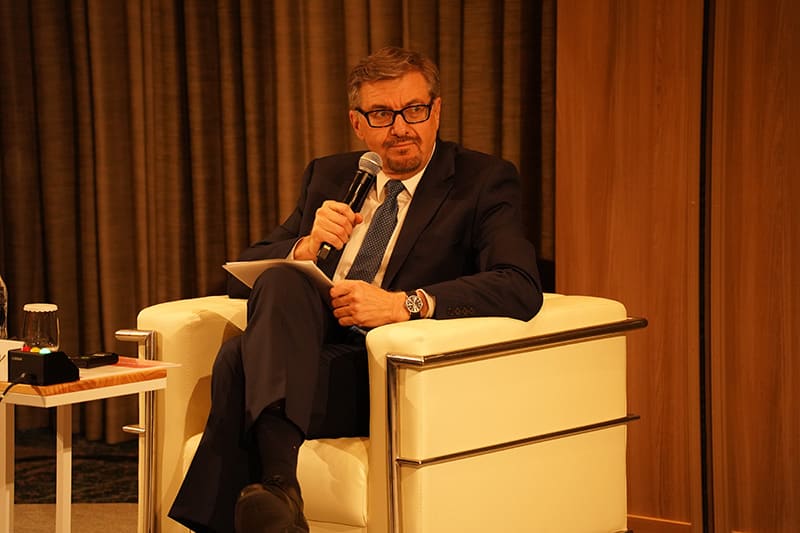
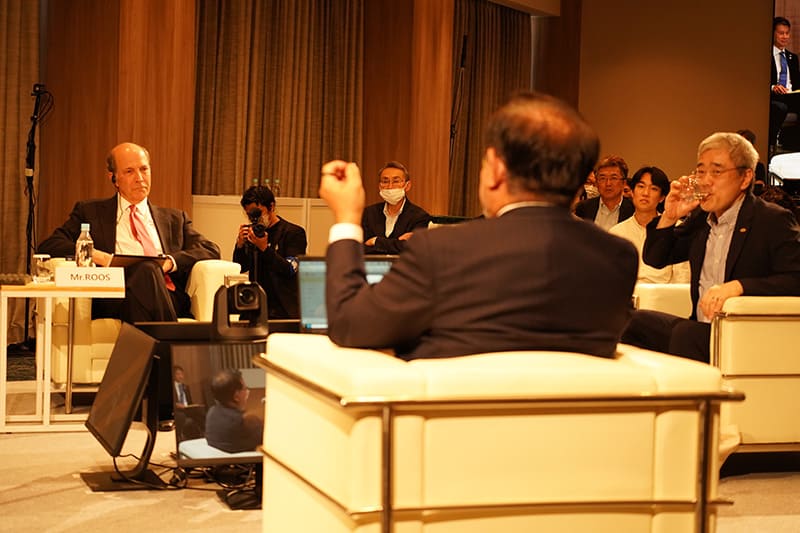
Weaponization of economics
In the second session, discussions were held on the theme of how to face the weaponization of economics in areas such as energy and food. Nobu Koshiba, the chairman emeritus of JSR Corp. and vice chairman of the Japan Association of Corporate Executives, Kazuto Suzuki, a professor in the Graduate School of Public Policy at University of Tokyo and director of the Institute of Geoeconomics at the International House of Japan, and Sumiko Takeuchi, member of the board of directors of the International Environment and Economy Institute and co-president of U3 Innovations LLC, participated as panelists, with Kohey Takashima, president of Oisix ra Daichi Co. Ltd. and vice chairman of the Japan Association of Corporate Executives, serving as moderator.
Up until about five years ago, it was believed that economic interdependence is necessary to maintain peace, but the weaponization of such interdependence is now increasing as conflicts and competition among nations intensify. Takashima said the entire world is at a tipping point.
Koshiba explained the weaponization of advanced information technology. Using the Taiwan Strait issue as an example, he said there is a possibility of Taiwan being annexed by China, militarily or nonmilitarily. If this happened, companies in Japan, the U.S. and the Netherlands would stop supplying Taiwan Semiconductor Manufacturing Co., which produces more than 90% of the world’s advanced logic semiconductors, in accordance with U.S. export regulations. TSMC’s production would stop in about two months; without TSMC’s chips, one-third of the world’s manufacturing industry would come to a halt and at least ¥800 trillion ($6 trillion) of GDP would be lost.
The most affected would be advanced societies that rely heavily on advanced semiconductors. Those countries therefore are all scrambling to achieve a secure supply of semiconductors, Koshiba explained. “As we can see from the war in Ukraine, the international community will not help us if we do not have the will and the actions to protect our own countries,” Koshiba said.
“We are in the midst of a transition from a traditional efficiency-oriented society to one in which national policies are created and implemented by weighing the sacrifices of today against the risks of the future. For businesspeople, both large and small companies will certainly be affected. At this time of transition, I would like to tell businesspeople that it is better to postpone major decisions as long as possible.”
In the field of energy, the need to respond to the climate crisis is further complicated by security concerns, exacerbated by the war in Ukraine. A country like Russia that is sanctioned can use its energy supplies as a weapon, and a country whose energy sources are cut off suffers a lot. Therefore, it is necessary to increase self-sufficiency, but Japan’s self-sufficiency rate is extremely low. In addition, countries that have been dependent on Russian natural gas will begin to compete for liquefied natural gas from other countries, and LNG is also likely to become an important economic weapon, Takeuchi explained.
Takeuchi also said that the Ukraine crisis has brought great attention to energy conservation in the world. With words like “carbon neutral” in the spotlight, people tend to think that energy conservation is a technology that reduces CO2, but does not reduce CO2 to zero. However, it can be implemented immediately, even in a difficult time like now, and can reduce CO2, fuel, and consumption. The fact that Japanese air conditioners and heat-pump water heaters are selling well in Europe and other regions indicates that there are high expectations for Japan’s energy conservation technology, Takeuchi said.
Russia’s blocking of Ukraine’s grain exports has resulted in skyrocketing prices. What is happening now in the field of food is not a shortage problem as such but a price problem, Takashima said. Suzuki spoke about the effects of free trade in the food sector and the side effects of protectionist measures. Geographically, we are inevitably interdependent, and free trade has been a tool for peace.
But free trade also has side effects. It can widen the gap between rich and poor, and this gap cannot be closed without political intervention. It also is basically impossible for Japan to provide all of its own energy and food, and although it is necessary to increase self-sufficiency, it is also important to increase resilience so as not to be unduly affected by external influences. He said that while risks cannot be reduced to zero, it is important to consider measures to deal with them.
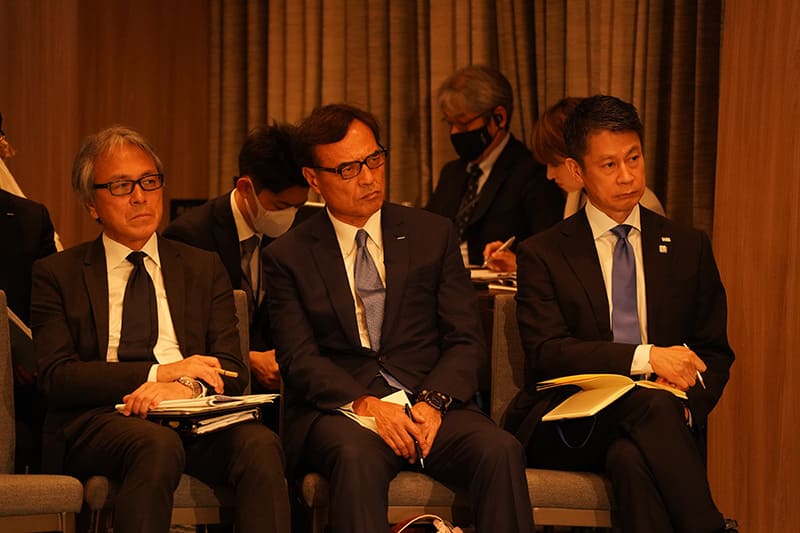
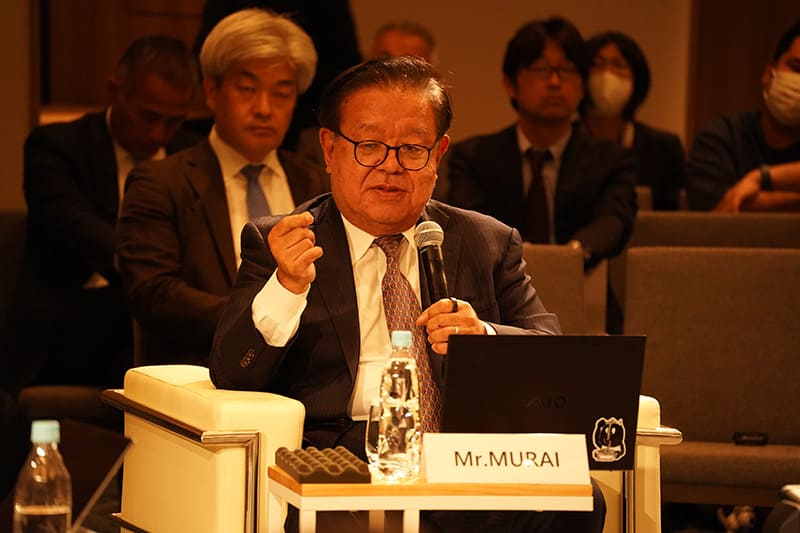
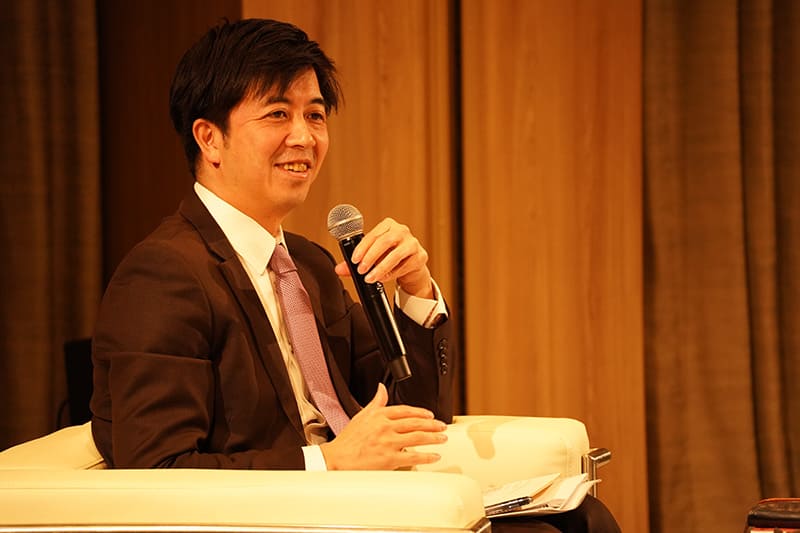
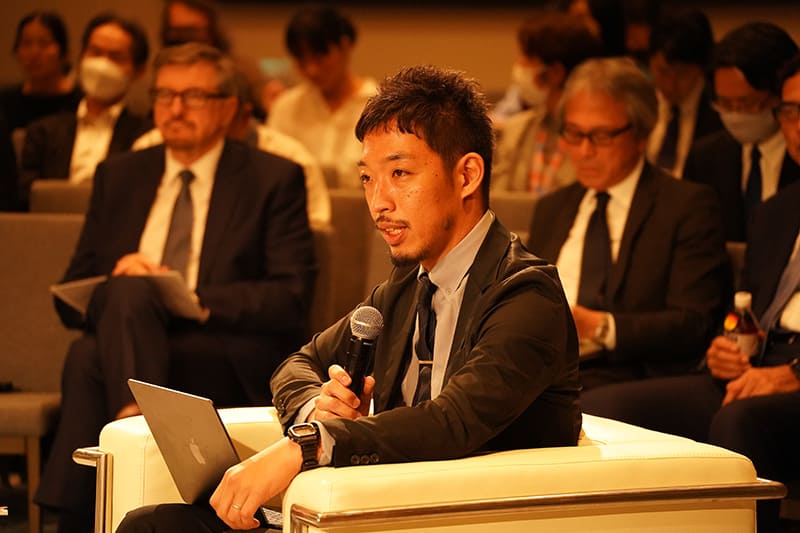
‘Peace is like the North Star’
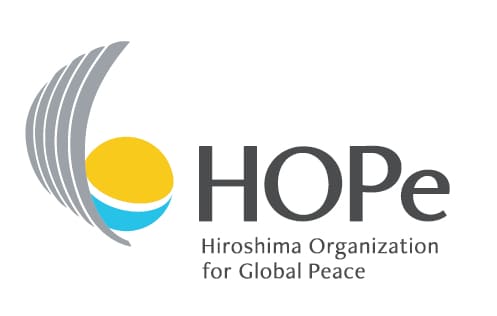
The forum concluded with a closing review by Suntory Holdings’ Niinami, Gov. Yuzaki and Yoshimitsu Kaji, the chairman and chief sustainable development officer of Cinnamon AI, a senior principal at Hitachi Ltd.’s Lumada Innovation Hub and a Kamakura smart city architect.
The world now faces various complex issues and problems, such as the threat to peace posed by Russia’s invasion of Ukraine and the increasingly serious U.S.-China issues. Niinami said global inflation is likely to continue, and he asked the Hiroshima audience to think about what Japan can do and what kind of world we should strive for.
The era of leadership by one country, the United States, to push the world strongly in the same direction is over. In such an environment, he said, it is important for countries that share the same values, such as democracy, to come together and work toward the realization of a peaceful, economically viable and prosperous society.
Touching on technology and media, he said, “As technology develops, it is important that democracy, which we have always felt is important, is not driven into populism by fake news.” He also spoke about the importance of relations with neighboring countries, saying that even if we don’t share the same aspirations, it is important for the business community to be connected.
The post-Cold War world order has been in place for a long time, but now the world is changing, and Yuzaki said we are in a period of transformation in terms of what kind of society we will become. He spoke of Hiroshima as being in a phase of development changing society as a whole, with the advance of digitalization and its further acceleration through generative artificial intelligence. He spoke of the need to seriously consider how to secure the future, both technologically and in the areas of food and energy, in a society that has been stable until now.
Niinami said there are three axes in the world today. The first is a group of democracies, led by the U.S. The second is the Global South, which must first achieve its own growth. The third is countries such as Iran and North Korea, led by China and Russia. The primary power linking these axes since the end of the Cold War is the United States. “We must not change the American values that we all share,” he said. In this context, he said, Japan should strengthen its relations with the Global South in order to achieve a peaceful society, continuing its long efforts to deepen its relations and build trust with them with the flexibility that is unique to Japan.
This is where the role of the business community comes into play. He said it is meant to deliver this message from Hiroshima, where the most tragic event in history took place.
Yuzaki also spoke about the significance of the G7 meeting being held in Hiroshima at a time when peace is being challenged. “Human power can be used for destruction, and Hiroshima is a place that represents that threat,” he said. “Peace brings prosperity. It is the power of the economy that creates this prosperity, and I would like to send such a message from Hiroshima to the world.”
Wrapping up the 2023 Hiroshima Business Forum for Global Peace, Kaji said: “One of our participants in the previous forum said: ‘Peace is like the North Star. It exists out there in the cosmos, but no one knows how to get there.
And we don’t know if we will be able to reach it in our lifetime. But when we go there, we can be sure that we are on the right path.’ I know it will be a long journey with all of you, but as we move toward 2025, we will do our best to make this conference even more impactful and to send a message of peace from Hiroshima.”
Aiming to highlight issues related to a sustainable society, The Japan Times gave its support to this event by becoming a media sponsor.


